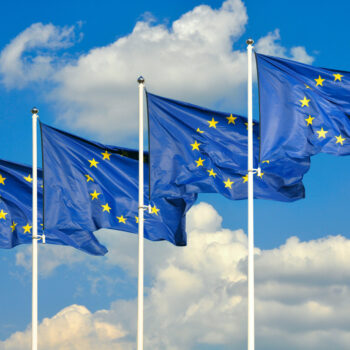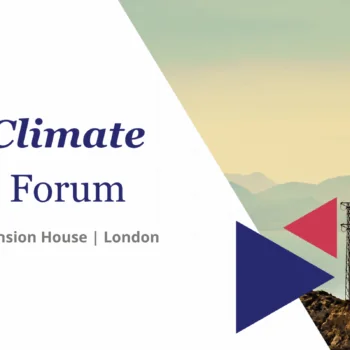The release of Working Group 1 (WG 1) of the recent Intergovernmental Panel on Climate Change (IPCC) Fifth Assessment Report (AR5) put to bed the claims of the climate deniers. With the release of WG 2 (focus on impacts) fast approaching the profound reality of climate impacts are coming to the surface. In the run up to COP21 the question facing governments is simple – how much climate risk is your country willing to accept?
Turning science into politics
Coverage was consistent headlining that humans are the dominant cause of climate change. However, this message largely failed to flood into mainstream politics. The question of how decision makers would respond to the IPCC’s definitive message on the realities of human induced climate change did not materialise. Often ignored, is the fact that every member country to the IPCC signed off the WG 1 report. Fossil fuel producers like Saudi Arabia and Canada, have accepted the facts of WG 1. Warsaw will be a milestone in how the science informs the politics. Holding these countries to account on the findings of WG 1 will be critical to delivering an ambitious outcome in 2015.
Climate Risk and WG2
Despite minimal political response from the findings of WG 1 there is significant opportunity for WG 2 to open up the climate risk debate. Climate risk, moves the debate beyond impacts, to focusing on how to incorporate the risks of climate change into our decision-making systems. Climate risk makes climate change real for governments, business and communities. Many associate impacts with local consequences, but in such an interdependent world these risks will have far reaching systemic effects.
Oxfam analysis[1] outlined the systemic risks to food and agricultural systems. In 2012 the US Midwest experienced its worst drought in 50 years, which reduced the expected maize crop by 25 per cent. This contributed to global maize prices rising by around 40 per cent. Drought in major wheat-producing countries such as Kazakhstan in the same year contributed to record wheat price increases of around 22 per cent. This left low-income, import-dependent countries such as Yemen – which imports 95 per cent of its consumed cereals – highly exposed.
The cost of inaction is vast and the implications of climate risk must begin to inform political and economic decision making. Warsaw presents an opportunity to reframe the debate, understanding climate risk must inform the offer making process anticipated in the run up to 2015.
[1] https://policy-practice.oxfam.org.uk/publications/growing-disruption-climate-change-food-and-the-fight-against-hunger-301878

